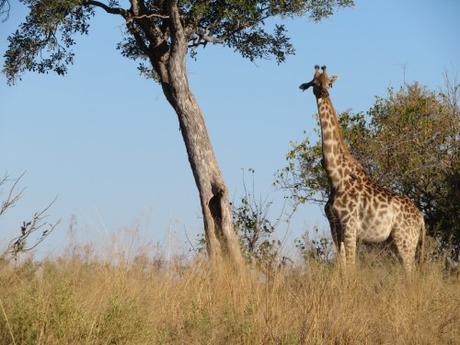How do you view the world and which criteria do you use to determine who is ‘top dog’? If you focus on landmass, then Russia does pretty well; if you look at GDP, it’s the US that comes out as number one; taking population brings China to the fore; and so on.
And then if we think about how these countries got there, it changes the picture yet again. I like thinking in terms of systems and stories, but having just read Prisoners of Geography by Tim Marshall, I have understood there is another way to frame country narratives. And thinking about things in this way has made some current dynamics clearer/easier to comprehend.
This is best exemplified by focussing on Africa. Over the years, this continent is subject to great paeans about its future potential (as yet unrealised) but which are now ‘almost there’. Why is this?
Well, it’s worth remembering that Africa actually has a head start – it’s where Home Sapiens originated 200,000 years ago. Though Africa is a great place overall and in terms of the specific regions within it (which contain a huge amount of diversity across many different dimensions), what they have in common is isolation: isolation from each other as well as from the outside world. This is significant as this stops the all-important flow of ideas that drive progress.
Let’s come in a little closer. There is the Sahel which cuts across the top third of the country, and whilst the north, in particular those places with access to the Mediterranean and technologies, agriculture innovation and trade from Europe, managed to develop and change , below the Sahel, it’s quite different. Here, there are few plants willing to be domesticated, and animals even less so. Much of the land is jungle, swamp, desert or steep-sided plateau, none of which is good for growing crops or grazing for easy livestock, such as sheep. There is a good quote from Jared Diamond which reinforces this point: “History might have turned out differently if African armies, fed by barnyard-giraffe meat and backed by waves of cavalry mounted on huge rhinos, had swept into Europe to overrun its mutton-fed soldiers mounted on puny horses.”

And then there is challenge of getting goods in and out. Africa has lots of rivers, but they aren’t much use in this regard as they begin in high land and descent in abrupt drops which thwarts navigation. Going to the sea doesn’t improve the situation much: there are few natural harbours – the coast line across much of Africa is too smooth (where can ships aggregate safely together if that is the case?) and around the beaches the water is too shallow.
However, perhaps some of the ‘challenges’ can now come into their own as the means by which we rely on sharing ideas and goods have changed. For example, those same rivers that hampered trade are now being harnessed for hydro-electric power. That’s one bright spot in the prison of geography. Let’s see how long it takes for more to make a real difference.
Advertisements